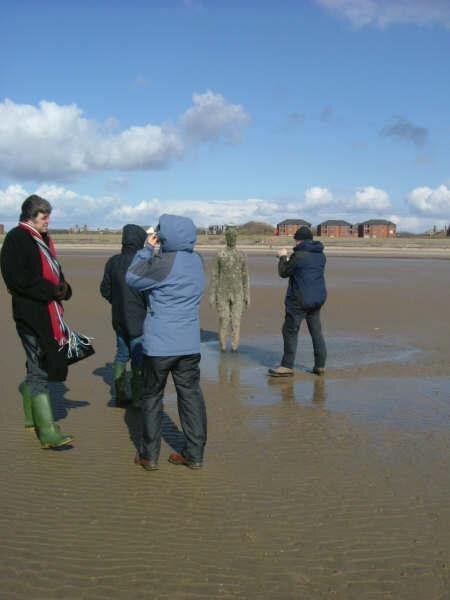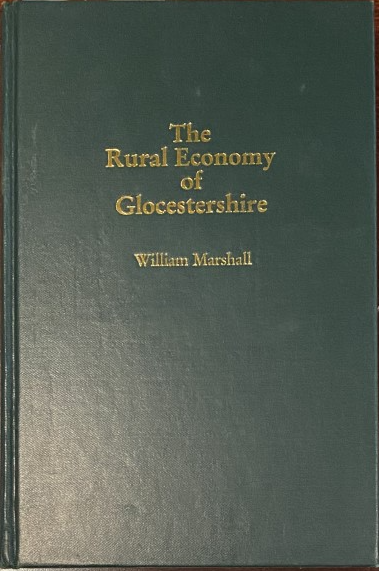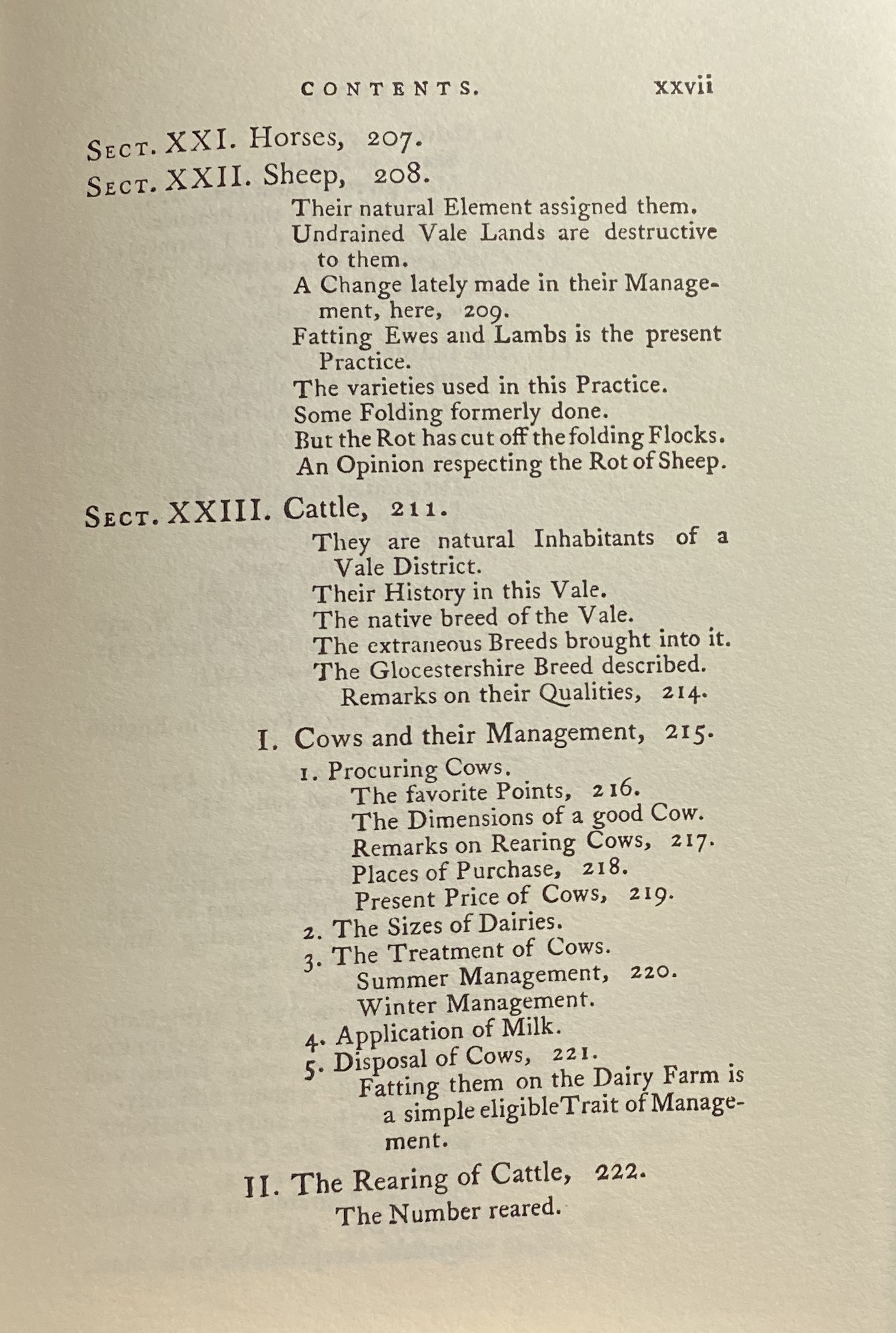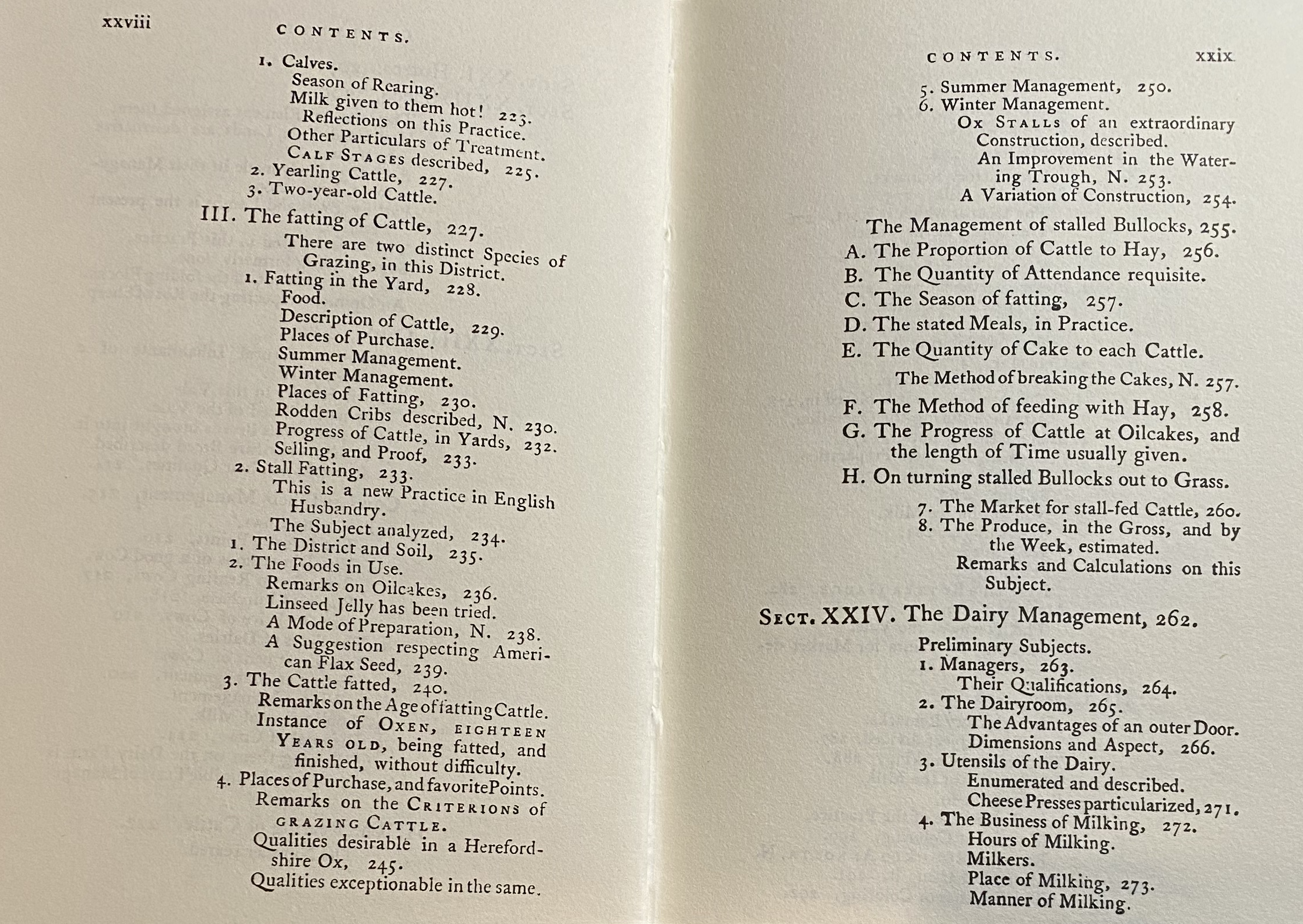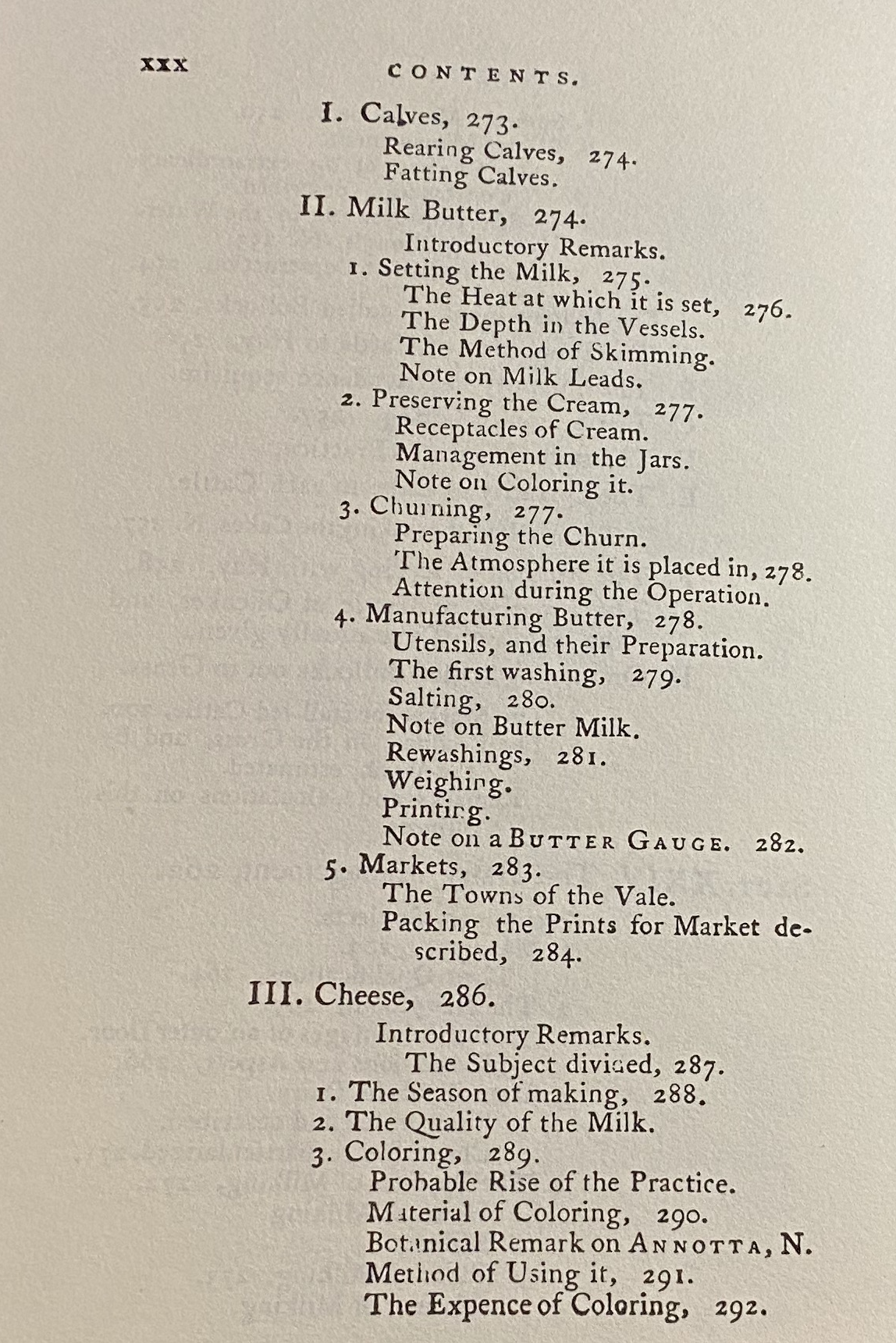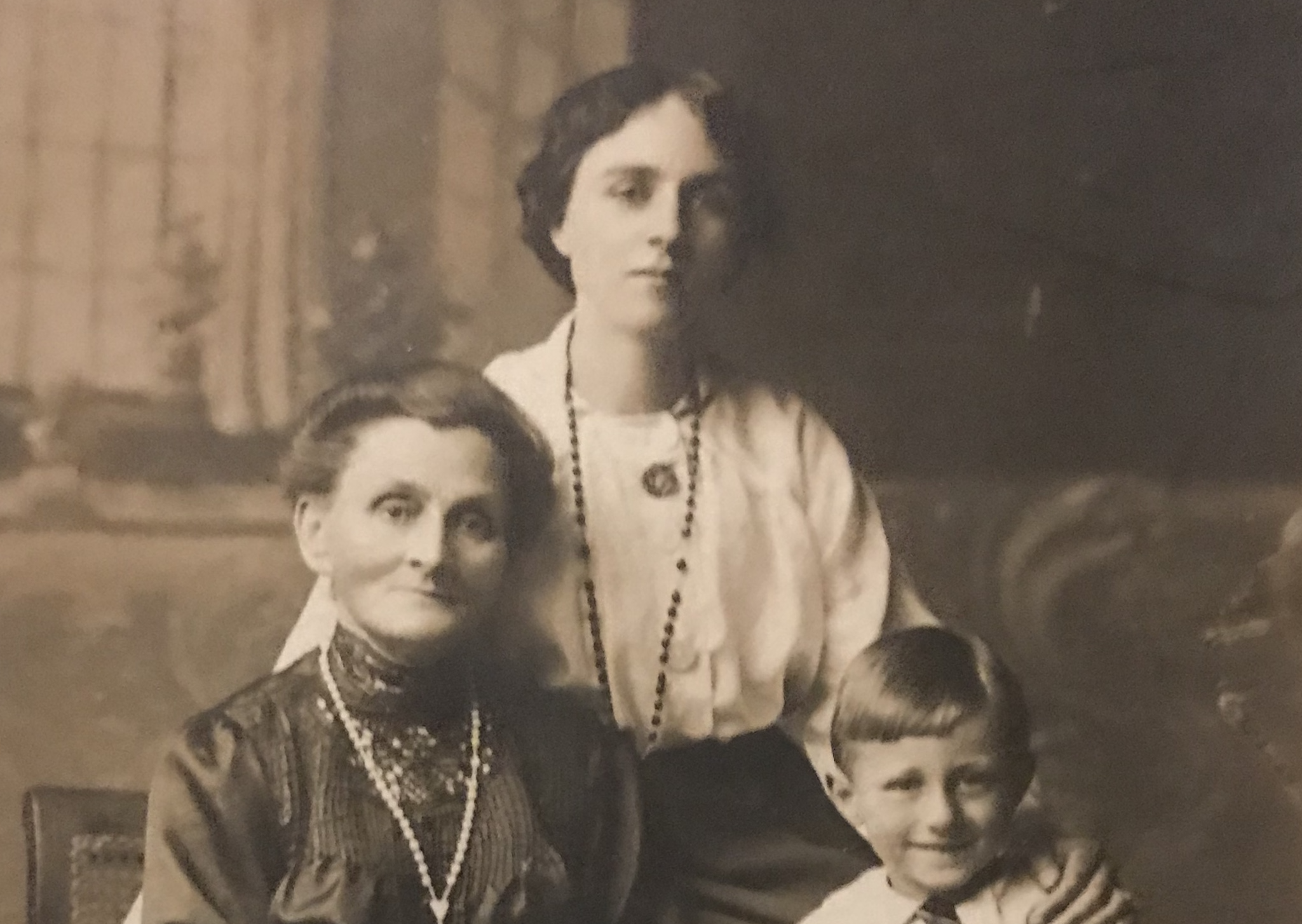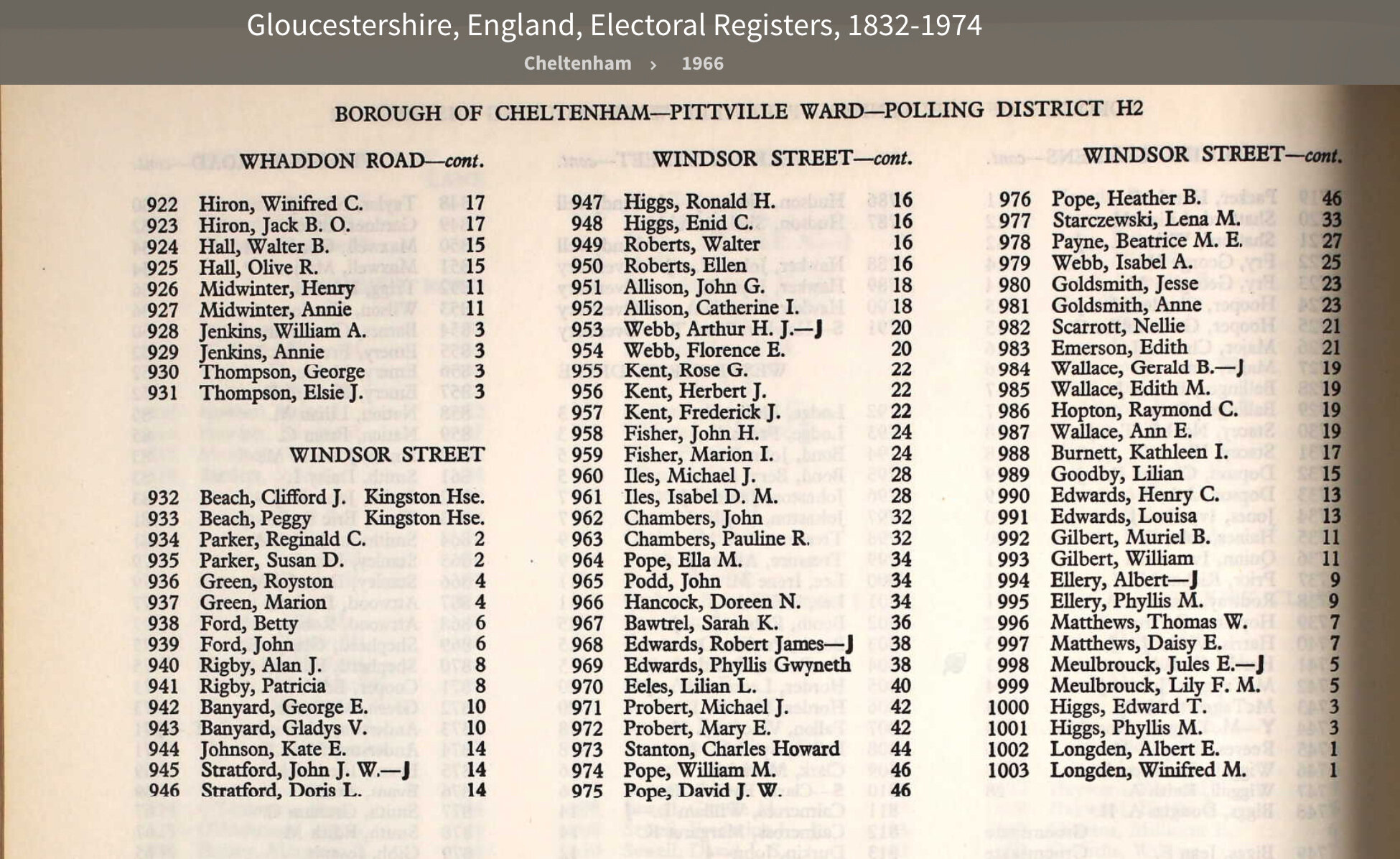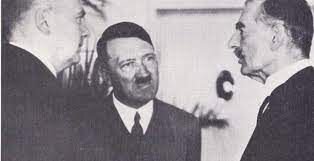WßD ~ Part 3 ~ Chapter 17 ~ Changing the Archive Gear (Revised Edition)

Windsor Street Days
PART III
Chapter Seventeen
Changing the Archive Gear
Introduction
AND THUS I now commence Part III of my Family’s Story.
In another place on this website about the Royal Air Force I write words that equally apply here:
This is a personal task, for my own enjoyment, and because I want to build the foundation for the next generation of my family to one day refer back to. I do the archiving as a pastime that I enjoy; and my notes and papers, I do for my own benefit. If these notes are found and become useful, great! If they do not, it matters not; for the purpose of the notes is to satisfy my own research and enquiry into my family and to my ancestors.
In any period of history, the bread-winning generation is not interested in obscure events from so far back that – at age forty – four decades? Oh no! Too far back, by half! Goodness!! At age twenty - that same time line - one might as well try and imagine life on Mars. And at fifteen, it’s a no-brainer.
But from fifty, a curious thing happens. The pendulum begins its return. Time seems to accelerate, and with it, an increasing desire to “look back from whence I came.”
At sixty, delving into archives to look at ancestors of the same age as the delver now is, is a whole new ball game. Suddenly, people, situations, documents, photographs, have a clarity and resonance that brings the past to life. We also come face to face with mortality. Oh! One day, the family will be looking back … ‘
… oh look! This is uncle. And look at this one. There’s our great gran Carol, our great-great uncle Ken and John and Sue on Liverpool Crosby Beach with the Iron Men. Oh, and look! Look at their clothes and hair! Look, you can sort of FEEL the strength of the wind. That must be when Ken - he was also Ian as he’s the writer in the fam - was living on the Liverpool Waterfront. Gosh. That’s almost two hundred years ago! What a find. Well I never!’
Liverpool Crosby Beach : Sunday, April 1, 2012
And so it goes on for every family without exception.
In short - with the passage of time - we gain perspective on the past.
Add to that the books and research written on the point of that time line - that ancient milestone in the mind’s eye - and suddenly, we are seeing that period through the eyes and perspectives of the people of that time and of whom we have now grown to know - our ancestors.
When artefacts belonging to them are discovered in some box, the perspectives open out into dimensions. We see a whole new world, a world as real to them as ‘our’ world is to us. Suddenly, ‘oh that’s in the olden days’ has a hollow ring, as we face the fact that our very real world shall, for a time, and us with it, be neatly packed away in that dusty old box labelled ‘the olden days’ and, hoping on a wing and a prayer, that the packer isn’t so philistine as to toss it on the heap or, in this present world, ‘now, what can I get for this on Ebay?’
Therefore, this is my approach in researching, for myself and my family, our family’s history.
I do not work under the pressure of a publisher’s deadline. I set my own pace.
It is also important to say little or nothing about this to others, for people will always measure one’s efforts by their own rule. They will see things from their perspective, not mine. And I’m at that age where, at last, I can accurately spot that sudden glazed expression of boredom, that yearned search for some distracting thought that provides the means of escape.
Part I : Banbury, Oxfordshire
AND SO I FIND that I am now catching a glimpse of my family, an earlier branch, WIMBUSH. Our Family Bible was given to our grandmother’s mother in 1875. Eliza Ann Wimbush.
Researching through ancestry online, an e-mail arrived with a hint. I viewed the document. The Marriage Register in the Parish of Banbury, Oxfordshire in 1885. As I studied the names, I quickly concluded that, yes, this is my great grandmother’s wedding, when the Wimbush family married into the Budd family. Eliza marries James Henry Budd, both of whom were always addressed as Granny and Grampy Budd. Their eldest daughter Isabel addressed them as Mum and Dad; their younger daughter Lottie addressed them, it seems, as MaMa and PaPa.
Then I noticed that I was actually looking AT the Register, not merely an extract that came in later times. Goodness me. There are their signatures!
I looked at their witnesses. Hang on - Thomas Wimbush? Isn’t that Eliza’s brother? A quick trip upstairs from study to dining room - the heart of my home - open the large Bible - and yep, there is Thomas. Hang on, there’s Charlotte too! Goodness me! I can see the signatures of four direct ancestors, three of whom are brother and sisters. A find such as this sets the body tingling. Age falls away. Centuries depart.
I sat pondering for a few minutes. I see that the fathers of the bride and groom are Labourers. I know now from research that the term ‘Labourer’ we would, today, write ‘Skilled Labourer’, someone of substance, apprenticeship served, ability proven. Wages secured. Bread on the table. A Pension. Perhaps, one day, a smallholding.
I glanced back at the Register. What’s this? The next entry is also Wimbush and just 15 days apart. Goodness! Thomas, aged 21 - who had witnessed elder sissy’s wedding on Monday August 24, 1885 - is now marrying his fiancée Amy Harriet Sansom on Tuesday September 8, 1885. Suddenly (as happens for those who enjoy reading in between the lines of scripture to obtain the full picture) I find another branch, Sansom, and I catch a glimpse of four families fifteen days apart, two households, preparing for two weddings in the Wimbush and Sansom households.
Part II : The Dilemma of a Hapless Clerk
Marvellous. Here is the detail. Here is that which enables me to turn a distant one-dimensional glimpse of a second or so, into a full blown, 3-D image of my family, of my ancestors, of Rural Oxfordshire and of Rural Gloucestershire.
I glanced across to the Groom’s father again, James Wimbush. Hang on … that’s odd. I thought James was a Labourer. Then there is some anxious deleting and correcting, and suddenly I discover that my great grandmother’s father was not a Labourer but a Cattle Dealer. And suddenly I could see the scene so clearly.
Imagine we are on the wall, peering down upon the Bride and Groom on an early Autumn day, Tuesday, in September; the leaves are already falling - winters were more severe then, and the frosts arrived much earlier than today - the Couple’s Fathers and the Witnesses to the marriage of Thomas and Amy are all gathered. Picture the Church of England Priest in his full regalia, somewhat perplexed. Picture the Clerk, really wishing he hadn’t got up that day. Picture the congregation beyond the Registry door and the Altar at Banbury Church.
Now picture our great great grandfather James Wimbush…
Now then Mr Clerk, Sir. I must inform you that that entry you made the other week at my daughter Eliza’s Wedding you made a mistake Sir. I am not a Labourer. I am a Cattle Dealer.
So you need to make sure you state it correctly this time.
Forgive me Mr Wimbush, Sir, I … yes, I will, I …
No not there Mr Clerk! In that column you write my name! And in that column you write my occupation!! So you need to draw a line through that, and then write my name, James Wimbush, immediately underneath it. Good!
Now in THAT column you write cattle dealer, capital C Capital D, if you please. Good. Now that we’ve sorted that out, Minister you may now proceed with the witnessing.
Part III : Extract from "The Rural Economy of Gloucestershire by William Marshall (1796 Edition)
I love reading old books. I find an inner peace as I delve through ancient manuscripts, gaze upon long lost fonts and marvel at an Age long departed. I now needed to know rather more about being a Cattle Dealer. Farming has always been a complicated business and one that requires incredible expertise and an ability to allow one’s knowledge to ‘move with the times’, to keep up with new methods and new technologies.
Perfectly timed, I quickly reverted to my trusty 1796 Marshall (there are only 200 sets of which this one is Set Number 40) and I looked down the index.
To any student, see an index as akin to flying over new terrain, unseen before, enabling you to gain the pilot’s eye. If you use this analogy throughout life, you will not go far wrong, so long as you then make sure you read those parts of interest that the index has flagged up.
And in reviewing Marshall, I obtained a much wider view of the skills inherent in being a Dealer in Cattle. I learned about my Grandma’s grandfather; this in turn gave me a much wider perspective on Isabel’s upbringing (1887-1966). It also gave me a clear hint at my elder sister’s nautral love of the Land, of cultivating, landscaping, creating, and on quite a vast scale … I love to walk to the meadow, to survey all that they are doing; to chuckle at the thought of trying to drive the digger or the tractor that my brother-in-law, his son, and grandsons have great fun with, not to mention a natural expertose. I glance at the machines, I look across at the large expanse of of water, the bridge across, and think … oh no … I’d definitely end up in there! So I’ll stay put and enjoy the views, this tea, and then have stroll around with Barley and Willow, past Amber’s point, and enjoy remembering memories without anyone ticking me off for dwelling in the past.
14 May 2022
All Rights Reserved
© Kenneth Thomas Webb 2022
First written 7 November 2020
Ken Webb is a writer and proofreader. His website, kennwebb.com, showcases his work as a writer, blogger and podcaster, resting on his successive careers as a police officer, progressing to a junior lawyer in succession and trusts as a Fellow of the Institute of Legal Executives, a retired officer with the Royal Air Force Volunteer Reserve, and latterly, for three years, the owner and editor of two lifestyle magazines in Liverpool.
He also just handed over a successful two year chairmanship in Gloucestershire with Cheltenham Regency Probus.
Pandemic aside, he spends his time equally between his city, Liverpool, and the county of his birth, Gloucestershire.
In this fast-paced present age, proof-reading is essential. And this skill also occasionally leads to copy-editing writers’ manuscripts for submission to publishers and also student and post graduate dissertations.

